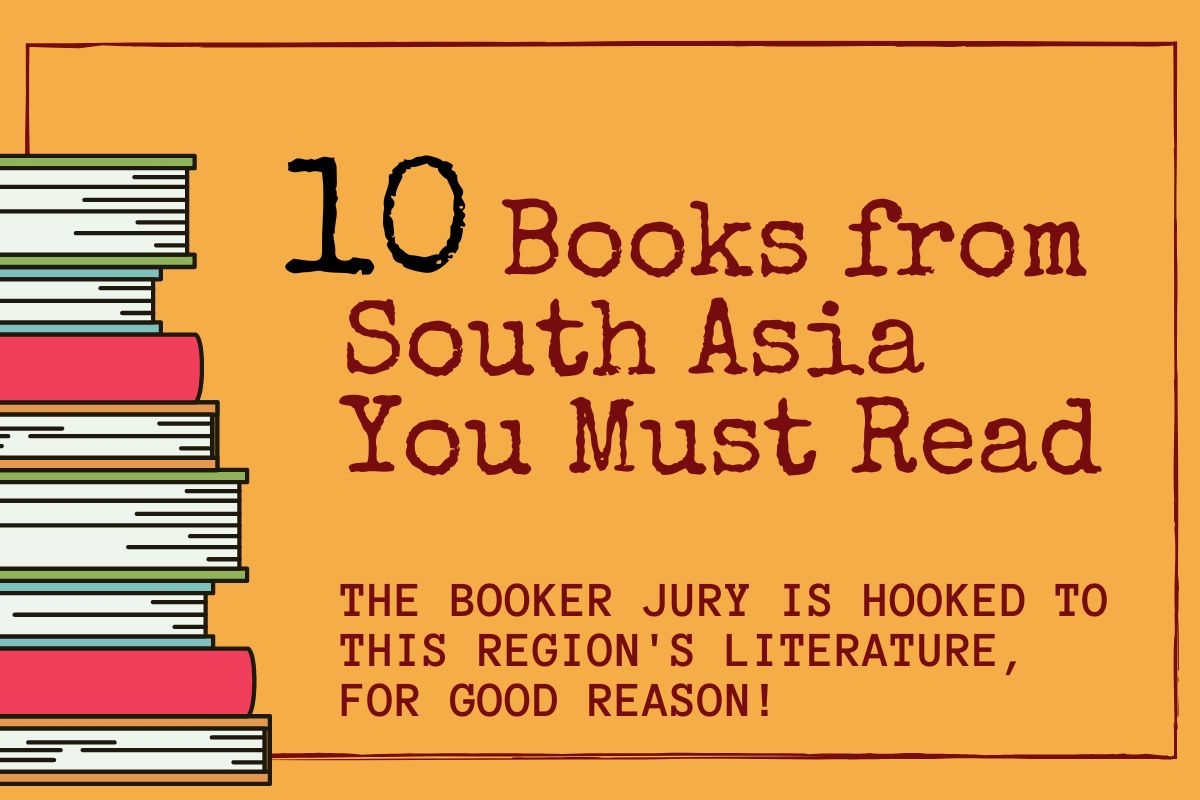
Sri Lankan author Shehan Karunatilaka’s The Seven Moons of Maali Almeida has won the Booker prize for fiction. Here’s a Kunzum reading list of other South Asian books that you should put in your TBR pile. By Sumeet Keswani
It’s the year of South Asia at the Booker prizes. In May 2022, Geetanjali Shree’s Ret Samadhi, translated into English by Daisy Rockwell as Tomb of Sand, won the International Booker Prize—becoming the first Hindi novel, and the first from India or South Asia, to win this accolade. That emphatic win has now been followed by the prestigious Booker prize for fiction—won by Sri Lankan author Shehan Karunatilaka’s The Seven Moons of Maali Almeida. There hasn’t been a better time to explore the diverse literary voices emerging from South Asia. So, here is a list put together by Kunzum, to cater to every taste.
A South Asian Literature Reading List
Other Names for Love by Taymour Soomro
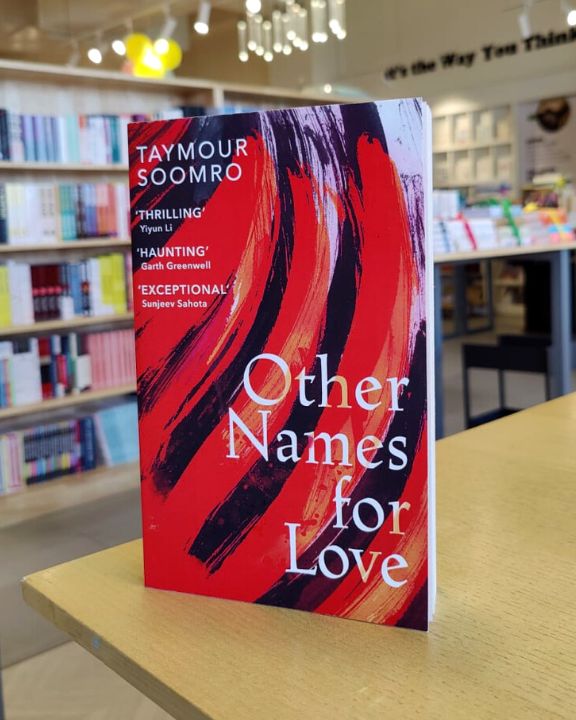
This sparkling literary debut by a Lahore-born author takes place over a summer that sees the protagonist, 16-year-old Fahad, go from daydreaming about a summer in London to falling for the wildness of his family’s rural estate—and a tough local teenager—in Abad. Dealing with themes like memory, sexuality, masculinity, love, inheritance, and the search for a home, this book is a must-read.
Sky is My Father: A Naga Village Remembered by Easterine Kire
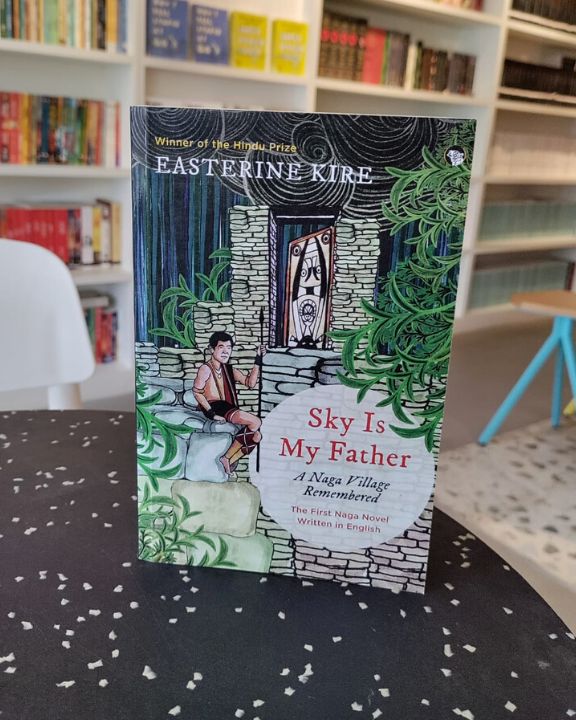
Known widely as the first Naga novel written in English, this book by Hindu Prize winner Easterine Kire narrates the iconic battles between Britain and the Angami warriors of Khonoma village that spanned the years between 1832 and 1880. Originally published as A Naga Village Remembered, this book’s revised edition employs oral history, formal research, and beautiful prose to tell the story of a proud community resisting mighty colonial forces with its trademark grit and bravery.
Manto & Chughtai: The Essential Stories, Translated by Muhammed Umar, M Asaduddin
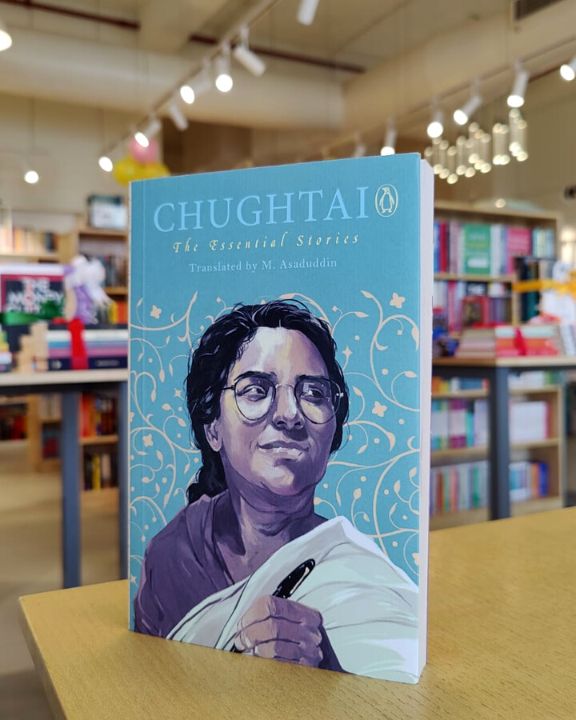
Ismat Chughtai and Sadat Hasan Mantho were two of the boldest and most controversial writers in Urdu in the 20th century. Their stories often featured communal violence, hard-hitting perspectives to the Partition, progressive views on sex and relationships, and other themes that were ahead of their time. This translated collection is a great repository of some of their most famous short stories.
Suncatcher by Romesh Gunesekera
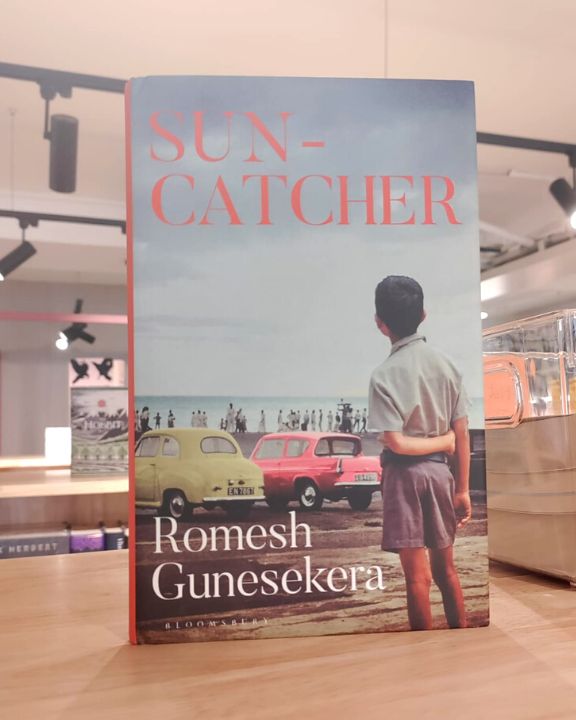
Another taut and moving novel set in Sri Lanka, Suncatcher is a lyrical coming-of-age story that unravels against the tumult of the 1960s. Kairo wants to daydream and escape into make-believe worlds as the island nation falls apart, until he meets a teenage rebel in Jay, who takes him into a parallel world of guns and cars—and girls!
Hijabistan by Sabyn Javeri
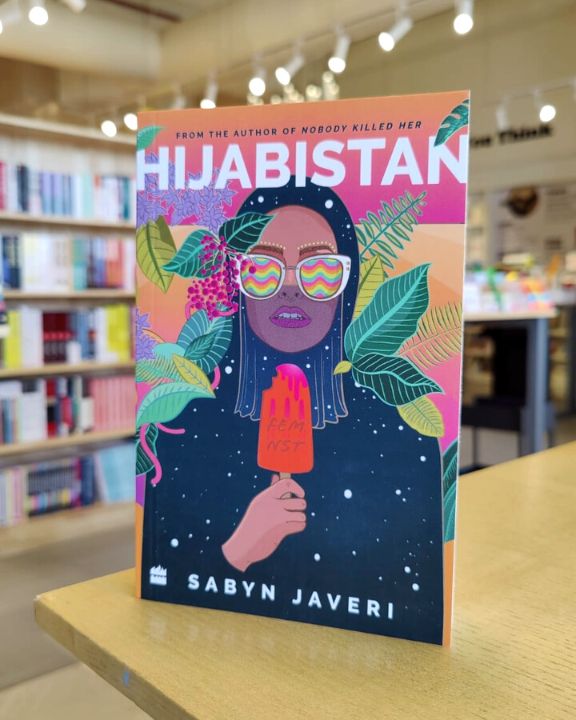
Published in 2019, Hijabistan is as relevant as ever today with the anti-hijab protests in Iran bringing the spotlight back on a garment that is both a symbol of identity and a tool for oppression. The book is a collection of short stories, where the hijab means different things to different women, from a kleptomaniac to a Pakistani bride in the West, a sexually liberated office worker, and a British-Asian Muslim girl drawn to jihad in Syria.
Hungry Humans by Karichan Kunju, Translated by Sudha G Tilak
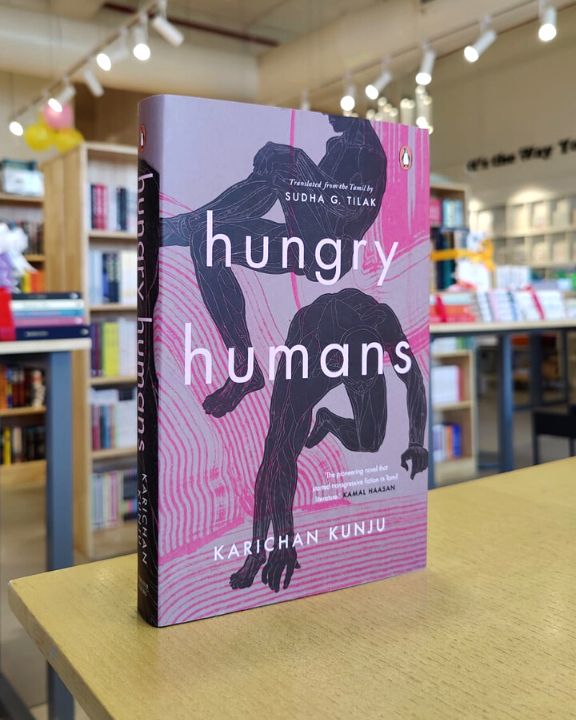
This translation of the Tamil novel Pasitha Manidam, which was published in 1978, throws light on the deep caste divides in the temple town of Kumbakonam, Tamil Nadu. A man seeking treatment for leprosy returns to his childhood hometown after four decades and confronts not just his age, sickness, and misfortune, but also his own desire and sexual identity—constrained by a lifetime of caste-based repression.
Vultures by Dalpat Chauhan, Translated by Hemang Ashwinkumar
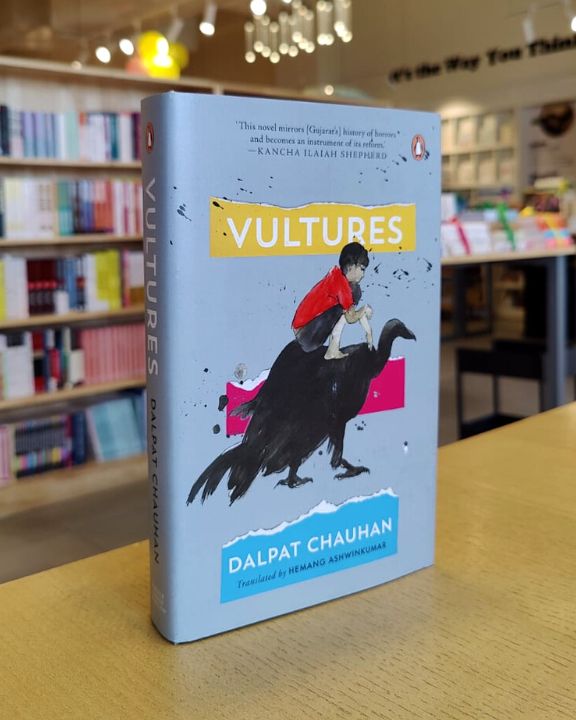
Based on a chilling murder of a Dalit boy by Rajput landlords in Kodaram village in Gujarat in 1964, Vultures portrays a feudal society where caste-based discrimination and segregation are de rigueur and Dalit lives and livelihoods are decimated by ‘upper-caste vultures’. This is the story of Iso, a tanner by birth who graduates to become a serf at his landlord Mavaji’s estate but finds a forbidden connection with Mavaji’s daughter, leading to devastating consequences.
The Book of Gold Leaves by Mirza Waheed
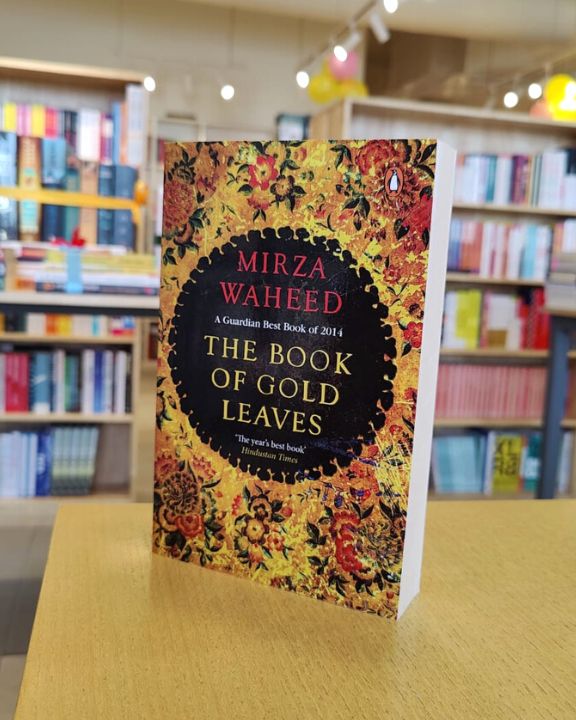
A heartbreaking love story set in war-torn Kashmir, this books brings together Faiz, who paints papier mache pencil boxes for tourists, and Roohi, who prays to God to find the boy of her dreams. While this may sound like a commonplace love story, no story set in Srinagar is ever simple or straightforward. And Waheed’s searing prose brands the reality of Srinagar onto the reader’s mind.
The Carpet Weaver by Nemat Sadat
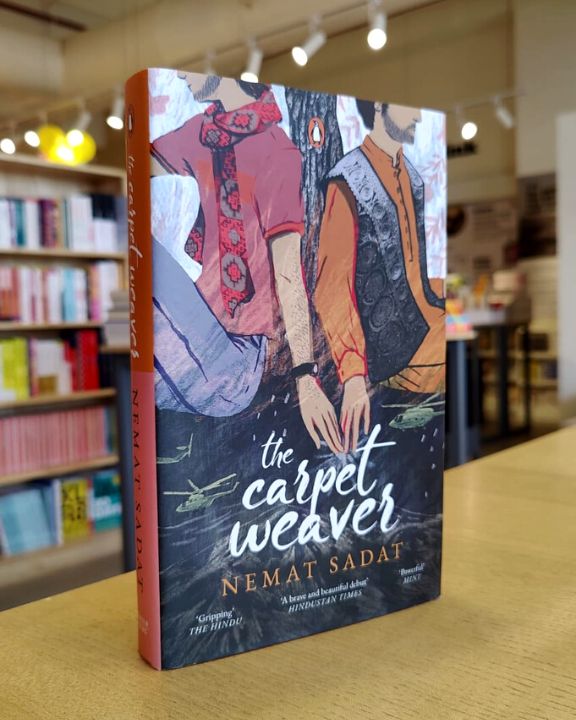
Nemat Sadat’s debut novel lifts the veil off homosexuality in the politically and religiously torn Afghanistan of 1977. It depicts the journey of a carpet seller’s son embroiled in a secret, forbidden romance while fleeing persecution and war.
The Seven Moons of Maali Almeida by Shehan Karunatilaka
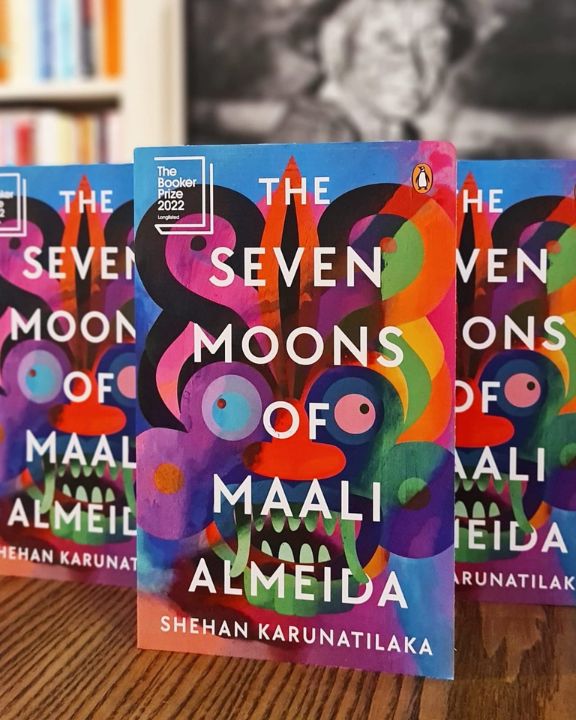
And last, but certainly not the least, is the Booker winner of 2022. A decade after his novel, Chinaman, brought Sri Lankan author Shehan Karunatilaka into the limelight in the subcontinent, The Seven Moons of Maali Almeida has made him a global sensation. The Booker win comes as no surprise for this “searing satire set amid the murderous mayhem of Sri Lanka beset by civil war.” The surreal plot: in the afterlife, a war photographer is on a quest for the man and woman he loves most. He must lead them to a critical, hidden cache of photos — on a deadline.

2 thoughts on “10 Books from South Asia You Must Read If You Enjoyed the Booker Prize Winner by Sri Lankan Shehan Karunatilaka”